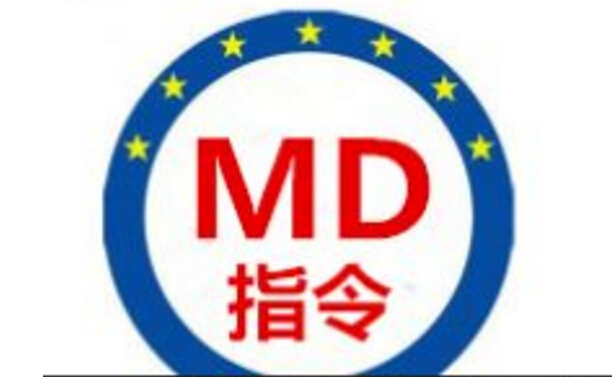Since China joined the WTO and with the progress of China's manufacturing industry, the export volume of mechanical and electrical products has been increasing year by year. At present, only Europe has mandatory certification for mechanical products - CE-MD Machinery Directive.
Common questions and answers in the process of CE certification (mechanical directive CE-MD) for mechanical products, I hope to help friends who have related questions.

1. What is the Machinery Directive? The Machinery Directive is a series of CE directives designated by the European Union for laws and regulations on machinery products, that is, all machinery products exported to Europe must meet the requirements of the Machinery Directive. The latest Machinery Directive is 2006/42/EC Machinery Directive, which came into force on December 21, 2009, commonly referred to as MD.
2. What is the product range of the Machinery Directive? 2006/42/EC Machinery Directive certified product scope: (a) machines; (b) interchangeable equipment; (c) safety components; (d) lifting accessories; (e) chains, ropes and straps; ( f) Detachable mechanical transmissions; (g) Partially completed machines. Special note: Except for manpower equipment used for lifting and lowering, others do not belong to the scope of the Machinery Directive.
3. What is a dangerous machine? What is the difference between the hazardous machinery and non-hazardous machinery certification process? In Annex IV of the Machinery Directive, the machines and safety parts that the EU considers to be high-risk are listed in detail. These machines or parts are called dangerous machinery. The difference between hazardous machinery and non-hazardous machinery is that: Dangerous machinery needs to be witnessed by the EU notified body and issued a certificate, and self-declaration is not acceptable to buyers and regulatory agencies.
4. How to test the mechanical equipment? Because the mechanical equipment is generally relatively large, the test will be limited by the size of the laboratory site, and the field test is generally carried out.
5. Does the CE certificate of the Machinery Directive need annual inspection and is there any validity period? The Machinery Directive has no annual inspection requirements. Generally, as long as the directives and standards remain unchanged, and the products are unchanged, the certificates and reports will not expire.
6. Does each machine need to be certified separately? Machine Directive certification is based on product series certification. For equipment of the same structure and principle, if there are differences in specifications and processing capabilities, it can be certified according to a series, and one of the prototypes can be selected for testing.
7. Can the test report corresponding to the mechanical CE certification be used in countries such as Saudi Arabia? The mechanical test report issued by a CNAS-qualified certification body is recognized by countries such as Saudi Arabia and Nigeria. Therefore, if a manufacturer chooses a CNAS-qualified certification body for mechanical testing services, the cost of repeated testing can be reduced.
8. What is the certification fee for the Machinery Directive? The cost of CE Machinery Directive certification generally consists of testing fee, certificate fee and travel fee. The specific fee depends on the complexity of the product. How much does this certification cost? (Contact the staff for the specific number of test samples or call: 15915427282)
9. Which mechanical products must be certified by NB institutions?
In principle, dangerous machinery (Appendix IV machinery) must be issued NB certificate.
10. Do MD certified companies have to have ISO system certificates?
Enterprises only need to have quality assurance procedures and manuals to ensure that products can be produced in accordance with CE standards.
11. What are the current requirements for the import of machinery and equipment in the United States?
The US Customs does not have any requirements, but generally the local government will require the machinery and equipment to meet the relevant safety regulations. In order to avoid immeasurable losses due to non-compliance with local regulations after the company arrives in the United States, it is generally recommended that companies conduct corresponding domestic assessments in accordance with American standards.
12. Do mechanical products need EMC?
According to EU requirements, a product must meet all the involved directives to be considered CE compliant. Therefore, mechanical products circulating in the EU market must legally be subject to EMC testing and certification.